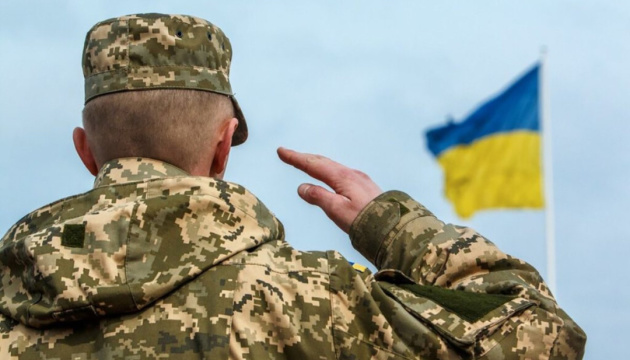Lawyer
Legal mechanisms to prevent illegal trade in weapons and ammunition in the post-war period
Consultation of a lawyer
Legal advice is essential to understand the legal aspects of preventing the illegal trade in arms and ammunition. A lawyer will help to find out which legal norms apply in a specific situation, and will provide recommendations on compliance with the requirements of the law. A lawyer's consultation includes:
Analysis of legislation: Study of national and international legal norms regulating the issue of arms circulation.
Legal Risk Assessment: Determination of possible legal risks and consequences associated with illegal arms trafficking.
Development of recommendations: Providing recommendations on legal steps to be taken to prevent illegal arms trafficking.
Analysis of documents
The analysis of documents is an important stage in determining the legal aspects of preventing illegal trade in weapons and ammunition. Such documents include:
The Criminal Code and other legislative acts: Legal norms determining responsibility for the illegal circulation of weapons and ammunition.
International agreements: Documents regulating international cooperation in the fight against illegal arms trade.
Case law: Court decisions that can be used as precedents in specific cases.
Legal opinion / legal analysis of the situation
The legal opinion on the prevention of illegal trade in weapons and ammunition is based on the analysis of documents and legal norms. The lawyer determines:
Legal qualification of actions: Assessment of compliance of specific actions with the norms of criminal law and international standards.
Procedural Compliance: Determining whether all necessary legal procedures were followed during the investigation and handling of cases.
Possible legal consequences: Assessment of legal consequences for persons accused of illegal arms trafficking and prospects for their protection.
Legal opinion of the lawyer
A lawyer's legal opinion is an important tool for protecting the rights of persons accused of illegal trade in arms and ammunition. A lawyer, in particular:
Advises the client: Providing recommendations on the rights and obligations of a person in the event of an accusation of illegal arms trafficking.
Assesses the legality of actions: Determining the legality of the actions of the authorities regarding prosecution for illegal arms trafficking.
Develops a defense strategy: Determination of the optimal strategy to protect the client's rights, including possible legal and judicial actions.
The main legal mechanisms of prevention
1. Legislative measures
Creating a clear legislative framework: Improving national laws to strengthen control over the circulation of weapons and ammunition.
Harmonization of national legislation with international standards: Ensuring compliance of national laws with international agreements and conventions.
2. Control and supervision
Strengthening control over the circulation of weapons: Establishing stricter rules on the acquisition, storage and use of weapons.
Oversight of the arms trade: Implementation of a licensing and certification system for persons and enterprises engaged in the arms trade.
3. Cooperation with international organizations
Information exchange: Cooperation with international law enforcement agencies to exchange information on illegal arms trafficking.
Participation in international programs: Involvement in international programs aimed at preventing illegal trade in arms and ammunition.
4. Educational and preventive measures
Raising citizens' awareness: Conducting educational campaigns to raise citizens' awareness of the dangers of illegal arms trafficking.
Preventive measures: Implementation of programs aimed at preventing the spread of illegal arms circulation among the population.

































